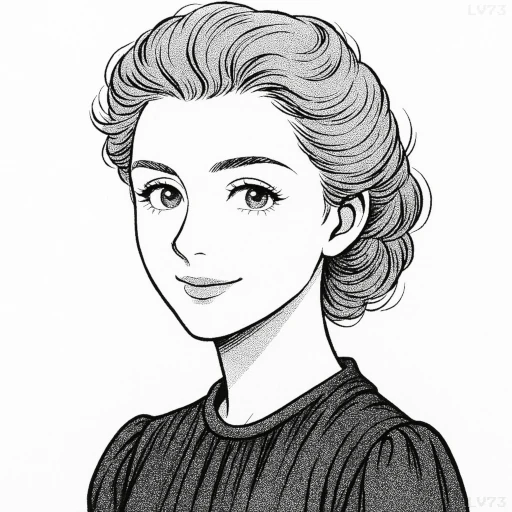“In chemical terms, radium differs little from barium; the salts of these two elements are isomorphic, while those of radium are usually less soluble than the barium salts.”

- November 7, 1867 – July 4, 1934
- Polish-French
- Physicist, Chemist, Pioneer in Radioactivity, First Woman to Win a Nobel Prize
table of contents
Quote
“In chemical terms, radium differs little from barium; the salts of these two elements are isomorphic, while those of radium are usually less soluble than the barium salts.”
Explanation
This quote reveals Marie Curie’s precise scientific insight into the properties of radium, one of the most significant elements she studied and helped discover. By comparing radium with barium, she notes that they are chemically similar, especially in how their salts are isomorphic—meaning they share the same crystal structure. This statement reflects the rigorous empirical work that underpinned Curie’s pioneering research into radioactive elements.
The distinction that radium salts are “usually less soluble” than those of barium is more than a technical detail; it was a crucial factor in the painstaking process of isolating radium. Curie’s ability to identify and exploit such small differences exemplifies the combination of observation, patience, and scientific reasoning that defined her approach. It was through mastering such subtleties that she advanced our understanding of radioactive substances.
In today’s world, this quote illustrates how breakthroughs often emerge from mastering small, complex distinctions. It also underscores the importance of precision in scientific language and experimentation. While not poetic, this line stands as a testament to the deep analytical work that lies at the heart of discovery—an intellectual craftsmanship that continues to define the scientific method.
Would you like to share your impressions or related stories about this quote in the comments section?
